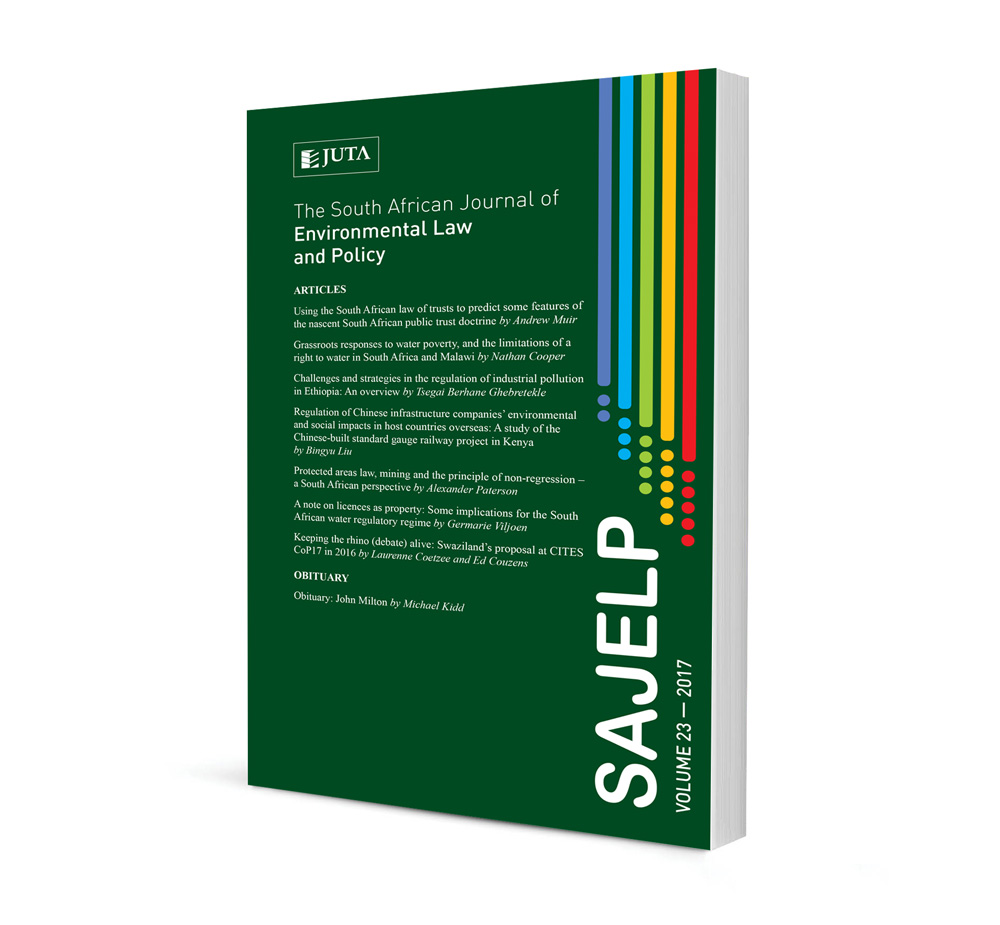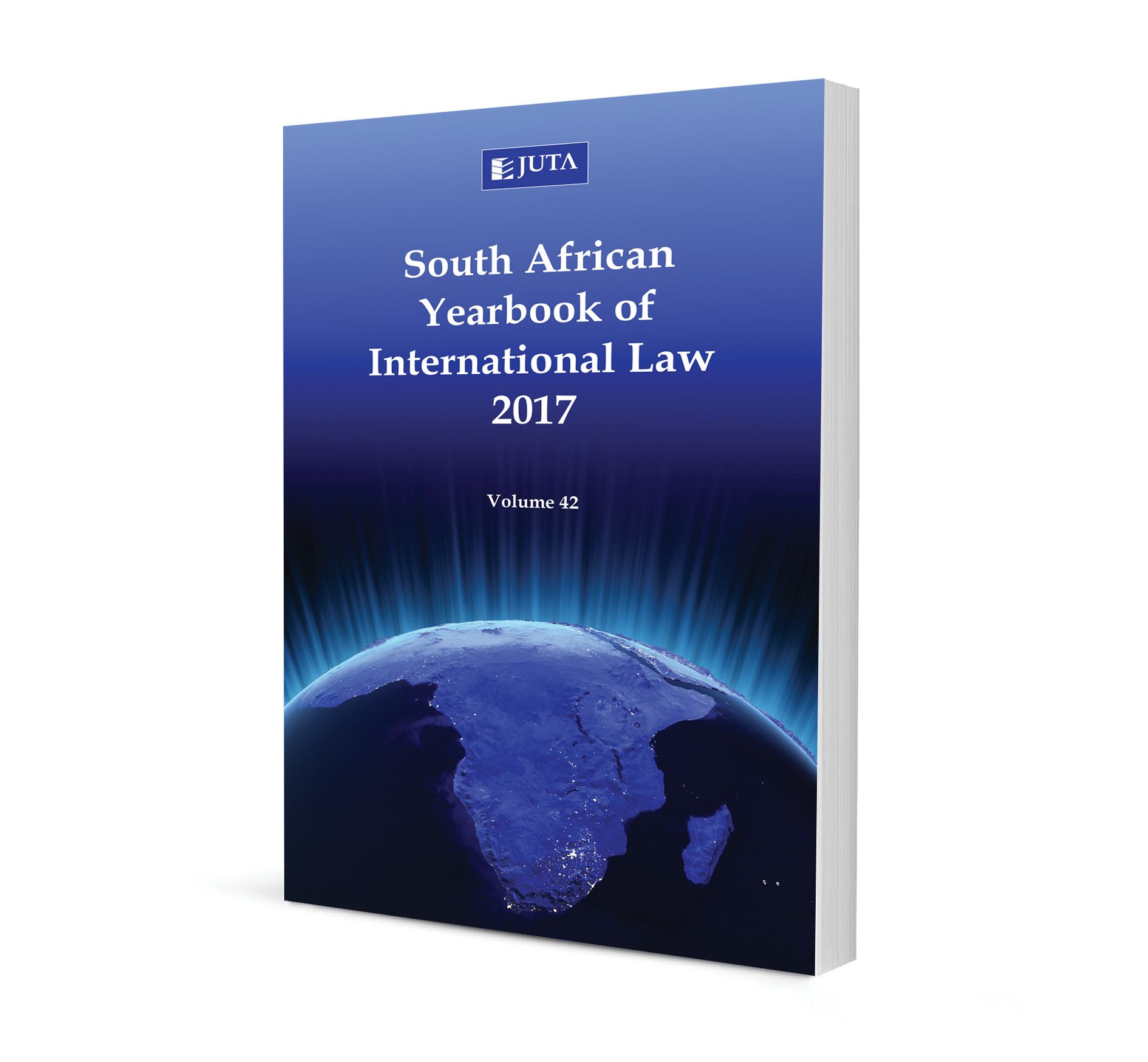A Hitchhiker’s Guide to South Africa’s Wetland Legislative Framework and International Obligations

A Hitchhiker’s Guide to South Africa’s Wetland Legislative Framework and International Obligations
Authors Felicity Elliott and Andrew Blackmore
ISSN: 2616-8499
Affiliations:
Source: South African Journal of Environmental Law and Policy 2019, p. 42 – 72
Abstract
Wetlands are generally considered to be habitats that are sensitive to development and land transformation, as well as pollution. Furthermore, as South Africa continues within the domain of climate change, and, with that, becomes increasingly water stressed, greater decision-making and societal emphasis needs to be placed on safeguarding wetlands for the wellbeing of current and future generations. In this article, the legislative provision in South Africa’s environmental law that could be drawn upon to rehabilitate and protect the country’s wetlands is investigated. These sensitive systems, save for rehabilitation, enjoy many safeguarding provisions distributed across the country’s environmental law. It is concluded that this legislative approach to wetland protection is overly complex and fragmented, and hence may not have the necessary gravitas to achieve the intended outcome. It is further concluded that the efficient and effective protection of wetlands requires a consolidation of the applicable law into (ideally) a single statute. Furthermore, the South African legislature is encouraged to provide for greater emphasis on the rehabilitation of stressed and damaged wetlands.
